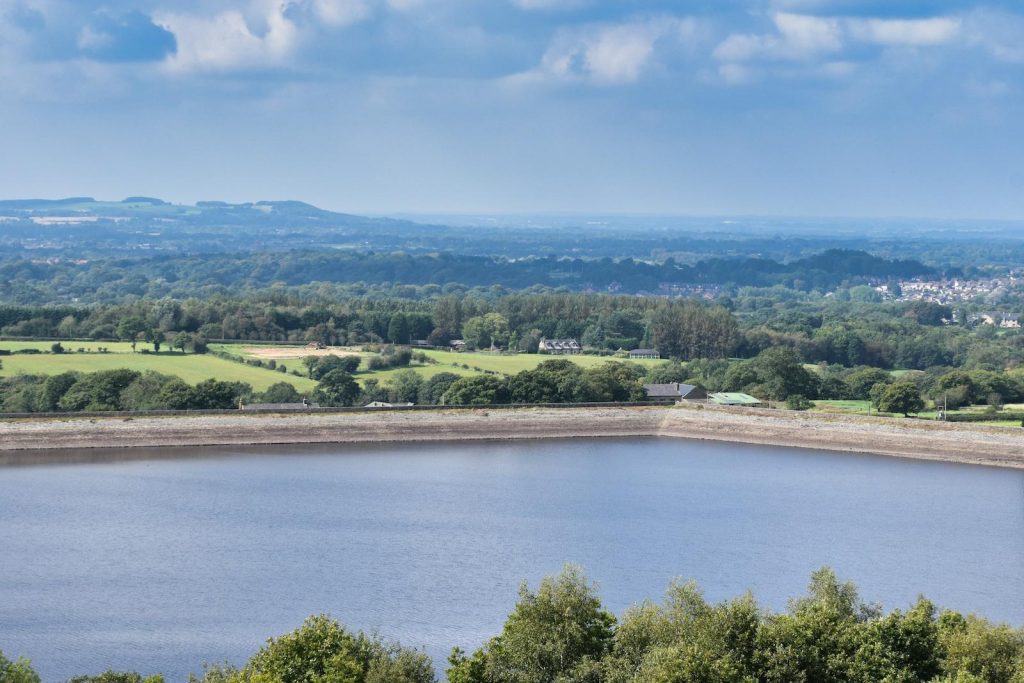This week (June 26th), the water world has been somewhat rocked by the news that Thames Water – the biggest water and wastewater services company in the UK, supplying 2.6 billion litres of drinking water a day to ten million people – could collapse under the weight of £14 billion of debt.
At the time of writing, the supplier is in talks with the government to secure additional funding for a company bailout, with ministers now considering how best to go about taking the firm into temporary public ownership if the funds cannot be found.
Thames Water, which was privatised in 1989, is understood to be struggling to find the money required to settle its debts, which have increased in line with rising interest payments linked to inflation rates – and, as we all know, these have climbed significantly in the last 12 months or so.
Reports of this mountain of debt come hot on the heels of the surprise resignation of Thames Water chief executive Sarah Bentley on June 27th.
Ms Bentley was initially brought on board to breathe new life into the water supplier and address its environmental performance, specifically tackling its leakage rates… but last week, a Freedom of Information request revealed that pipe leaks across the network were at their highest level in five years (estimated to be an impressive 630 million litres a day).
Furthermore, the supplier will not hit its leak reduction target this year, with the former chief executive putting this down to the drought conditions seen last summer, coupled with a wet winter, affecting pipelines and driving demand, the Guardian reports.
Industry regulator Ofwat issued a statement on the matter, saying it is clear that Thames Water now faces “significant issues” that must be addressed, including their leakage performance and environmental record.
Financial resilience must also be improved, a spokesperson observed, adding: “But that is all in the context of a company that has strong liquidity. It recently received an additional £500 million from shareholders and has £4.4bn of cash and committed funding.”
They went on to say that the watchdog will continue to keep the financial resilience of water companies under tight scrutiny – not just Thames Water, but other suppliers as well – and work alongside them to ensure that they have the financial support they need to deliver for both customers and the environment.
It’s certainly worth noting that it isn’t just Thames Water that’s being placed under mounting pressure, with the industry as whole drawing criticism from many quarters for its water leakage rates, storm overflow discharges and lack of investment in infrastructure, while billions are being paid out to investors and shareholders in the form of dividends.
For Thames Water customers right now, one of the main concerns is sure to be whether bills will increase or not to help the supplier settle what is owed.
Thus far, reassurances have been made that bills and water supplies will not be affected amid fears of a collapse.
However, commercial and domestic customers alike may want to be on their guard in any case, given that suppliers across England have been pushing for hikes in bills of up to 40 per cent from next year to help meet the costs of the combined pressures of the climate emergency and the sewage crisis.
Are you thinking about switching business water suppliers at the moment? Get in touch with the SwiftSwitch team today to see how we can help.



